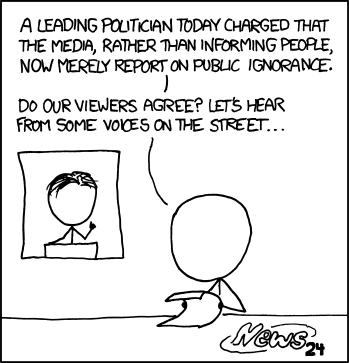
Here.
If elected to the Chair of Poetry, Lewis' subjects may well include - Ezra Pound: Poetry and / or Politics; The Ramification of Richard Ellmann's 1,500 Factual Errors in his Biography of Oscar Wilde; The Nineteenth Century View of Shakespeare and Jesus and Great Cryptograms; Sullivan Without Gilbert; Philip Larkin and Ted Hughes: Sex, Violence and Difficulties with Girls; Poets of the Appetites: M.F.K. Fisher and Elizabeth David; The End of England: Eric Ravilious, Barbara Jones and Edward Bawden; and Dick & Liz at Oxford: The Burtons and Doctor Faustus.But he won't be.
Let the Oxford professorship's authority be revived as a platform for authentic poetry ticket-bookings, scheduling ever newer departures and in-depth arrivals way beyond mere careerist arrivism. Anyone voting for me is assured that I will continue striving to emulate Chaucer's Clerk of Oxenford: "Sownynge in moral vertu was his speche, / And gladly wolde he lerne and gladly teche."Ruth Padel supports both Hill (with a damning qualification about his stamina) and Horovitz. (Snarky article in Camden New Journal at the link.)
The literary and verbal things now presented and published as 'poems' are so varied that a fresh and fundamental examination of what was and is 'poetry' is well worth making.[Edit: amended following a complaint from Mr Gibson's agent - see comments]
to talk about the neuropsychology of poetry, poetry and verse, poetry and 'more-than-coincidence', poetry in different languages, and what Hardy called its 'sustaining power'.Chris Mann, a former Newdigate prizewinner, offers samples of his work, including
DragonflyMaybe that wasn't such a good idea.
Rafting the Zambezi River,
I saw your filigree shimmer
on a boulder's bulky sphinx…
So why I am standing? It's a good question. The idea came to me over a curry at the Hay Literary Festival last year.... What will I do if I win? Well, I will give the stipend away to needy poets and writers, and to good literary causes. I will set up an annual two-week poetry festival in Oxford. I will fight against the marginalisation of poetry, literature's perennial poor relation. I will buy anyone who votes for me a drink. I will, if necessary, go into coalition with Geoffrey Hill. I will back proportional representation in future elections. I will lecture on the role of poetry in society, starting with the Greeks and ending about a week last Tuesday. And I faithfully promise not to publish too many of my execrable poems. Can we win it? YES WE SCAN!Sanskrit scholar Vaughan Pilikian's ambitions are as wide ranging as Lewis's, if harder to visualise.
I intend a lecture series to range across some, if not all, of the following topics: the poetics of science in the atrocity exhibition; antiaesthetics, esoterrorism and metempsychosis; the rhythm of the dig in the Negro spiritual; Japanese death poetry; rhymed trajectories to heaven in the Iliad and the Mahabharata. My aim in this august office will be to pull poetry from the drawing rooms and the garrets and the palaces, and send it forth. For poetry is a weapon, bloodsoaked and glinting. It is a gnostic heresy, a counterattack on all that holds us captive, a challenge to the cruel symmetries and stifled laughter of the Demiurge. It is only through poetry that we might revenge ourselves on time.It is only through poetry that we might revenge ourselves on time. I could almost be persuaded of that.
